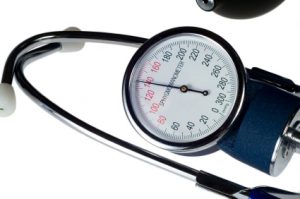All Cholesterol Medications
Your source for essential Cholesterol.
All Cholesterol Medications
Don't have time?
Quick Order
Upload doctor's prescription and we will find the cheapest medication available.
If you have any
Questions
call us toll free
1-877-536-8162
OR Email us at
info@onlinepharmaciescanada.com
What is Cholesterol?
Cholesterol is a fatty substance which the body needs to rebuild cells and produce certain hormones; however the body only requires a small amount of cholesterol. Cholesterol levels tend to rise with age and high cholesterol can increase risk of heart disease, stroke and peripheral vascular disease. 80% of the body’s overall cholesterol is produced in the liver and the other 20% comes from our diet. There are two types of cholesterol: low-density lipoprotein (LDL) or “bad” cholesterol and high-density lipoprotein (HDL) or “good” cholesterol.
High Cholesterol Symptoms
Low-density lipoprotein in the bloodstream can settle as fatty deposits on the inside of blood vessels. Over time they build up to become scars, also known as plaques and they can damage or clag arteries. For example, the coronary arteries, which feed the heart, could be clogged. This could result in chest pain, heart attack, or even a stroke. High cholesterol has no obvious signs but they are usually discovered from a routine blood test or physical exam. Some complications of high cholesterol are heart disease, stroke, or angina and pain in the calves.
Causes of High Cholesterol
There are different factors that could lead to high cholesterol levels; however these are the main ones.
- Age (cholesterol levels increase with age)
- Alcohol Consumption
- Diet (consuming foods that are high in saturated fats and cholesterol)
- Gender (males have higher cholesterol)
- Heredity
- Level of physical activity
- Weight
Risk factors of Cholesterol
- Increase in age: Males greater than 45 years old are at a greater risk to high cholesterol
- Currently smoking cigarettes: Cigarette smoking is the biggest risk factor for sudden cardiac death
- Alcohol
- Stress
- High Blood Pressure
- Diabetes
- Obesity/ Overweight
- High homocysteine levels
How is cholesterol treated?
Cholesterol is treated by adopting more heart- healthy eating habits. Rather than just consuming meat, poultry, fish, and dairy products, try consuming more fruits, green vegetables, and grains. Also, exercise can help lower cholesterol levels. Medication is very useful in helping lowering cholesterol levels. A number of medicines are available that can have a good effect on cholesterol levels, however taking medication goes hand in hand with good exercise and diet.
Avoiding Cholesterol
- Follow a diet low in saturated fats and cholesterol
- Eat a wide range of vegetables, fruits, whole grain, nuts and seeds
- Boost level of physical activity • Limit alcohol consumption: No more than two drinks per day








